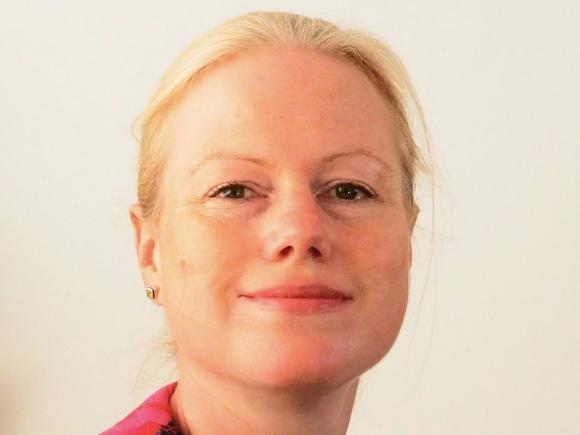
Dr. Joanna-Marie Dear, a passionate scientist has always been driven by curiosity and a thirst for knowledge. From her early years, she displayed an innate fascination with chemistry, owning and exploring her own chemistry set as a child. This early interest laid the foundation for her future academic pursuits.
Dr. Joanna-Marie Dear embarked on her academic journey by pursuing a degree in Biochemistry, which further fuelled her passion for scientific research. During her undergraduate years, she had the opportunity to collaborate with the veterinary labs and Liverpool School of Tropical Medicine on a fascinating project related to snake venom. The captivating subject of venom led her to inquire, "Why doesn't the snake dissolve itself?!" This question opened a world of possibilities, and she became captivated by the intricate complexities of snake venom.
Upon completing her undergraduate studies, Dr. Dear's dedication to her chosen field led her to take out a loan to pursue a PhD at LSTM, where she focused on the purification, characterisation, and inhibition of three metalloproteinases found in Echis ocellatus venom. These venom components, known as haemorrhagic metalloproteinases, play a critical role in preventing blood from clotting properly, making them essential targets for developing more effective antivenoms. The captivating world of snake venom research kept her engaged throughout her doctoral studies, paving the way for her future endeavours.
Following the successful completion of her PhD in 2003, Dr. Dear's passion for cardiovascular research led her to continue her journey in the field. She secured a position as a Post-Doctoral Research Fellow at the University of Leeds, where she worked on understanding plasma clots. During a conference, she had a fortuitous encounter with Richard Farndale, a prominent professor in Matrix Biology at the University of Cambridge. This meeting proved to be a turning point in her career, as she was invited for an interview and subsequently spent the next 12 years in Professor Farndale's lab. Her research at Cambridge focused on metalloproteinases and their impact on blood clot formation (thrombus).
After her tenure at Cambridge, Dr. Dear transitioned to a company in Ely, taking on the role of a Senior Scientist with a focus on platelets. However, her passion for academic research and the lure of Cambridge brought her back to the university. She joined Matthew Harper's lab in the Department of Pharmacology, where she continues to be actively involved in numerous research projects.
Dr. Dear's time at LSTM not only provided her with a solid foundation for her scientific pursuits but also instilled in her a sense of belonging and camaraderie within the department. The friendly atmosphere and collaborative spirit left a lasting impression on her, emphasising the importance of teamwork in scientific endeavours.
Reflecting on her journey, Dr. Dear emphasises the significance of taking advantage of every learning opportunity to grow personally and professionally. The experiences gained during her time at LSTM and subsequent career have been invaluable, shaping her into the accomplished researcher and Post-Doctoral Research Fellow she is today.
As she looks ahead, Dr. Dear remains deeply committed to the field of cardiovascular medicine, and her exceptional dedication to science continues to inspire the next generation of prospective students. To them, she advises seizing every chance to learn and grow, as these experiences can profoundly impact their future careers.